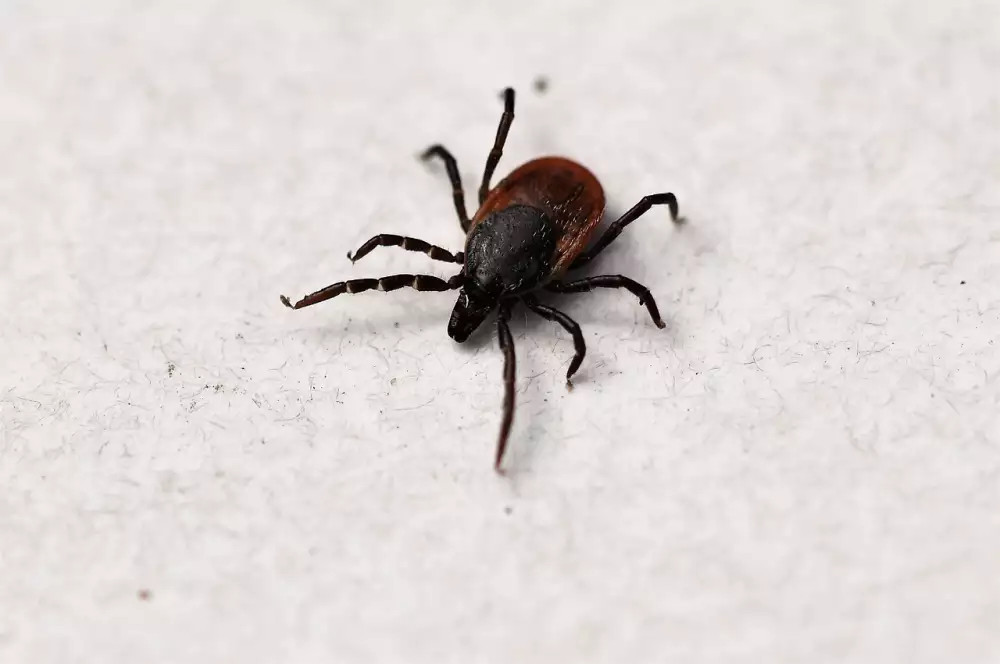Meningitis: A serious health-threatening disease

What is meningitis?
Meningitis is a serious infectious disease that affects the meninges and spinal cord. It is an inflammation of these tissues that can be caused by various microorganisms such as bacteria, viruses or fungi. The most common form of meningococcal meningitis is caused by the bacterium Neisseria meningitidis. This disease can have serious consequences and in extreme cases can be fatal. It is important to diagnose and treat it as soon as possible.
Symptoms and symptoms of meningitis
Meningitis is a serious infectious disease that affects the meninges and spinal cord. It is characterized by inflammation of these tissues and can have fatal consequences. Symptoms of meningitis often appear suddenly and are very intense. The most common symptoms include high fever, severe headache, vomiting, feeling tired and weak. There may also be convulsions, confusion, photophobia or a rash on the body. Since these symptoms can also be associated with other illnesses, it is important to seek medical attention immediately if meningitis is suspected.
Causes and spread of meningitis
The causes of meningitis can be different. It is most commonly caused by bacteria such as Neisseria meningitidis (meningococcus) or Streptococcus pneumoniae (pneumococcus). Meningitis can also be viral, caused by viruses such as enteroviruses or herpes simplex virus. The risk of contracting meningitis is increased if immunity is weakened, hygiene is poor or if there is close contact with an infected person.
Meningitis is spread by droplet infection, i.e. through sneezing, coughing or direct contact with infected saliva or nasal secretions. It is important to follow basic hygiene measures such as frequent hand washing and avoiding close contact with sick people.
Some types of meningitis are also transmissible from animals to humans. For example, Borrelia burgdorferi, which causes Lyme disease, can be transmitted by ticks. It is therefore important to protect yourself against ticks and to use repellents when outdoors.
The causes and spread of meningitis are varied, so it is important to be aware of possible sources of infection and to follow preventive measures.
Diagnosis and treatment of meningitis
Diagnosis of meningitis includes physical examination, laboratory tests and imaging methods such as magnetic resonance imaging and computed tomography of the brain. Confirmation of the diagnosis is made by taking a sample of cerebrospinal fluid by lumbar puncture. Treatment of meningitis requires immediate hospitalisation and the administration of antibiotics intravenously. In the bacterial form, broad-spectrum antibiotics are used, while in the viral form, treatment focuses on relieving symptoms and supporting the immune system.
Meningitis prevention and vaccination
Prevention and vaccination against meningitis are key to protecting against this serious disease. There are several types of meningococcal bacteria that can cause meningitis, so it is important to get vaccinated against all of them. Vaccination is the most effective way to prevent meningococcal infection. Vaccination is recommended in childhood, but is also recommended for adolescents and adults at higher risk of infection. It is also important to follow hygiene precautions such as regular hand washing to minimize the chances of transmitting the bacteria. Prevention and vaccination are key steps to protect health and reduce the risk of meningitis.
Possible complications of meningitis
Meningitis can cause serious complications that can threaten the patient's life. The most common complications include sepsis, which is a serious infectious disease that spreads through the blood and can lead to organ failure. Another possible complication is meningococcal sepsis, which can cause a skin rash, bleeding into the skin and even amputation of limbs. Meningitis can also cause neurological problems such as epilepsy, hearing and visual impairment or mental retardation. It is important to be aware of the risk of these complications and to seek immediate medical attention when meningitis is suspected.
How to protect yourself from meningitis
There are several ways to protect yourself from meningitis. The first step is to follow basic hygiene measures, such as washing your hands regularly with soap and water. It is also important to avoid close contact with people who have respiratory infections or meningitis.
Another method of prevention is vaccination against meningococcal infections. There are vaccines that protect against the most common types of meningococcal bacteria. Vaccination is especially recommended for children, adolescents and people with weakened immunity.
If you have been in contact with a person suffering from meningitis, it may be advisable to undergo prophylactic antibiotic treatment. This treatment helps prevent the spread of the bacteria and reduces the risk of infection.
It is also important to monitor your health and seek medical attention immediately if you suspect the presence of meningitis. Early diagnosis and treatment are key to a successful recovery.
Remember that meningitis awareness is essential. Becoming familiar with the symptoms and risk factors can help early detection of the disease and prevent its spread. Stay alert and protect your health!
Meningitis is a serious and potentially fatal disease that can affect people of all ages. It is important to be aware of the signs and symptoms of meningitis so that we can react quickly and seek medical help. Awareness of the disease is key to preventing its spread and protecting our health. It is therefore essential to familiarise ourselves with the possibilities of diagnosis, treatment and prevention of meningitis. Vaccination against this disease is also important to consider, especially in vulnerable populations. Keep in mind that meningitis can have serious complications that can cause permanent damage or even death. Therefore, we must protect ourselves from this disease by observing hygiene measures and limiting contact with infected individuals. Let us educate ourselves about meningitis and spread the word to help reduce the risk of the disease in our society.
Published: 17. 01. 2024
Category: medicine




